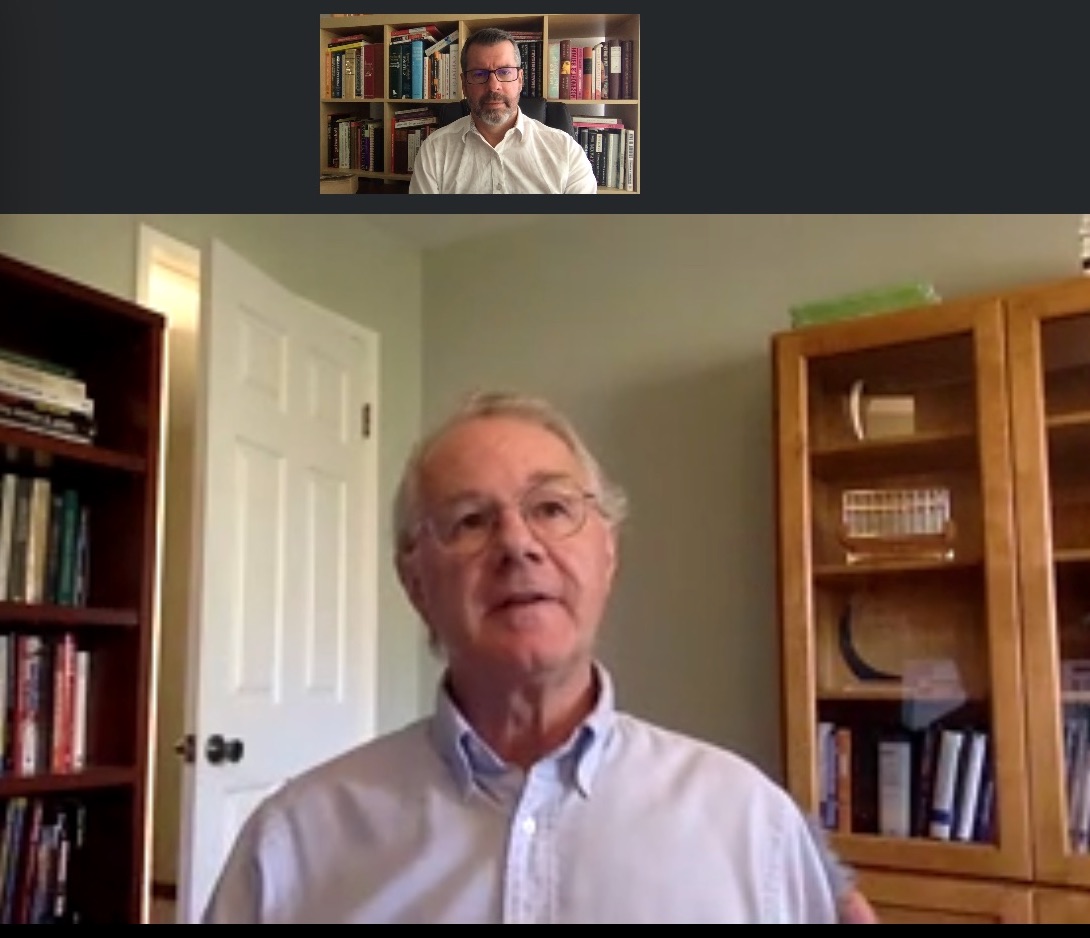Month: October 2020
-

The Technology of Learning: A Conversation With Clark Quinn
Oh, boy. Last week, Dr. Clark Quinn joined me for an enlightening, wide-ranging discussion of learning, technology, and ways students and teachers can increase engagement and motivation in a year that many people consider a learning disaster. The first seven people to show up were high school students! I was so excited that I took…
-

How We Read
This is an updated version of a post I wrote for students on a course blog. You can see the original here. ____________________ It stands to reason that anyone who isn’t a professional reader (teacher/professor/editor/literary critic, e.g.) is an amateur. One connotation of the word amateur is, “A person who doesn’t get paid for a…